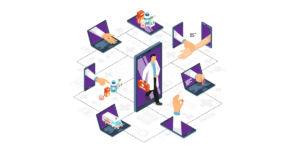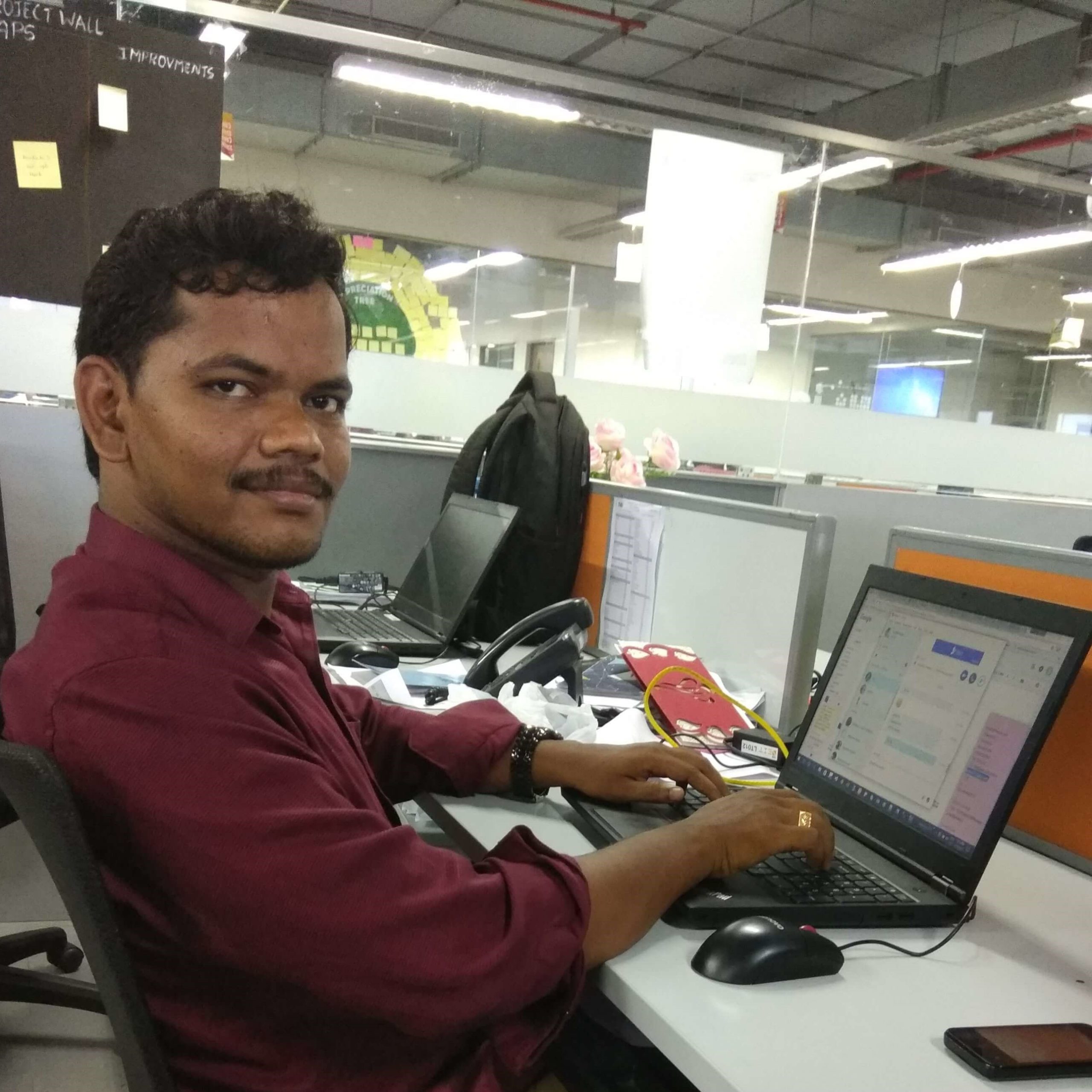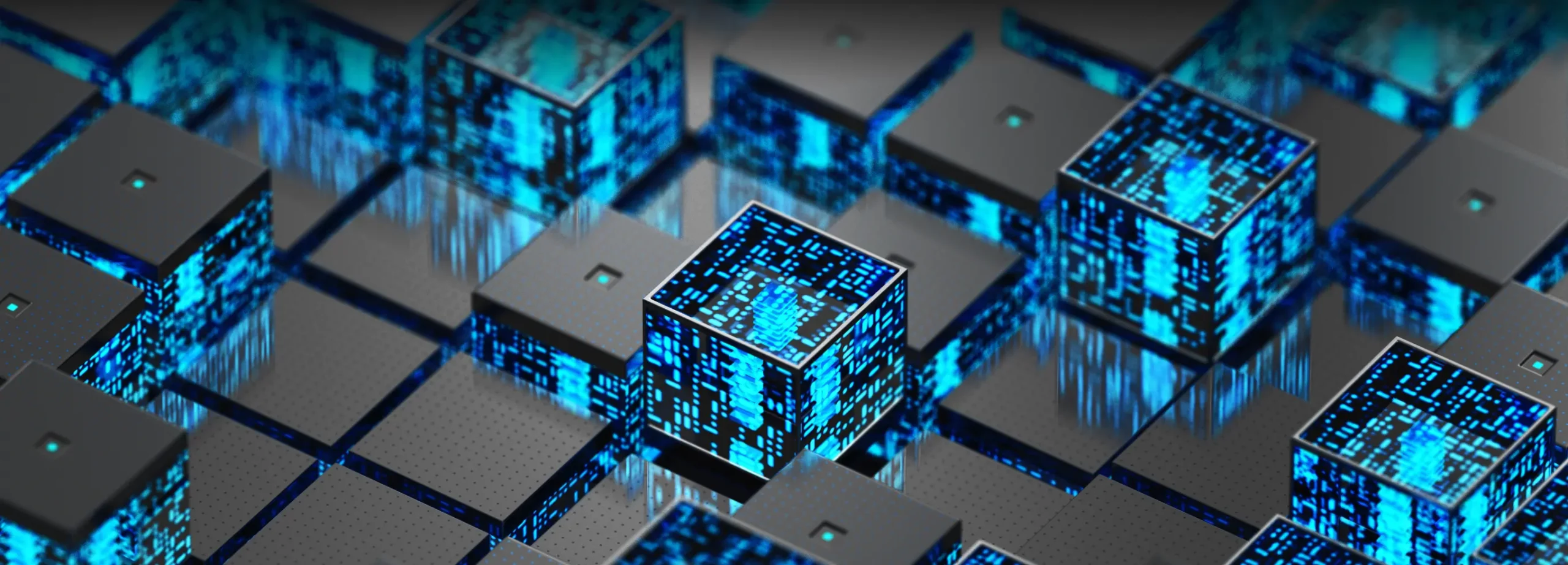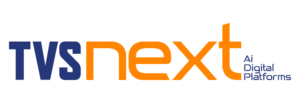With immense technological advancement, global healthcare industry will transform tremendously and move towards digital. Factors like increasing population, declining healthcare budgets, and rise of chronic diseases add pressure on healthcare providers and governments to shift to innovative technologies.
Consequently, the global healthcare industry is ideal for driving new technological advancements like Internet of Things (IoT). Smart devices such as smartphones, smartwatches, and other new emerging technologies will act as driving forces of this revolution.
Let’s discuss some of the technologies that could transform the healthcare industry in the future.
AI and Machine Learning
Machine Learning is a form of AI that offers learning capabilities to computers without being explicitly programmed. It means that computers can teach themselves to modify according to the need when exposed to new data. With AI, there will be a considerable amount of data to explore. Several tech conglomerates like Google, IBM, etc. have already started exploring these technologies’ potential applications in healthcare.
There are truly exciting possibilities for the application of AI/ML for such digital surgery robots.
- A software-centric collaboration of robots with the aid of massive distributed processing
- Data-driven insights and guidance based on surgery histories (performed by both machines and humans) and their outcomes (favorable or not)
- AI-generated virtual reality space for real-time direction and guidance
- Possibility of telemedicine and remote surgery for relatively simple procedures
Digital Therapy
These are healthcare interventions delivered to patients through smart devices like smartphones or laptops. They combine medical practice and therapy in a digital form. Computerized Cognitive Behavioral Therapy (CBT) is a new group of automated digital therapies that aims to provide CBT at scale with better engagement.
“Digital Therapeutics: Combining Technology and Evidence-based Medicine to Transform Personalized Patient Care”
Digital therapies are disease-specific treatment tools. Often, they are a substitute treatment (or the only treatment) with sensory stimuli; in other situations, they support or enhance conventional medicine incorporating electronic usage with tools or medications.
For example, some devices complement conventional treatment by helping patients manage and control their conditions, providing indicators such as remembering when and how much medication to take.
Apps and Smartphones
The full potential of smartphones is yet to be perceived by the healthcare sector. Companies are making efforts to curate quality apps, such as the NHS (National Health Service) app library. With powerful processing capabilities, smartphones can serve as the hub for new diagnoses and treatments.
Although the use of mHealth devices and applications is already common in clinical trials, pharmaceutical companies are now concentrating on connected drug delivery systems that will automatically identify and monitor medication usage by patients to enhance adherence.
Health apps and smartphones help to: track personal health data, real-time communication with your doctor or another healthcare provider, and improve the quality of life for doctors and their patients.
Portable Diagnostics
With devices like portable X-ray machines, we can bring cutting-edge diagnostics at our doorstep. Doctors can provide better quality of care by more profound and meaningful engagements with patients. It also leads to the continuous capturing of crucial health-related information, which will eventually reduce the overall healthcare costs. Assistive devices like smart wheelchairs are used by patients with permanent disabilities, which help them perform specific tasks and gather essential health information. This information can later be used for modifying treatment procedures.
Online Communities
Online communities and famous healthcare networks like MedHelp bring medical experts and patients together to share health advice and tips. They also serve as a platform for tracking health data, which helps people better manage their conditions.
Advanced technologies like these offer new opportunities to the healthcare system in improving correctness and usefulness of medical information. It also provides new ways to prevent, detect, and treat diseases at early stages rather than reach the terminal phase.

Implantable Drug Delivery Systems
It is estimated that nearly one-third of all medication prescribed to patients with long-term health conditions are not adequately taken as recommended by the physicians. Emerging technologies could change this by enabling healthcare professionals with continuous monitoring capabilities.
In the future there could be sensors that are tiny and can be swallowed along with drugs. As soon as the pill dissolves in the patient’s stomach, the sensor will get activated and transmit data to a smartphone app. Patients and doctors can see how well they are adhering to the prescription, though it raises questions about the patient’s privacy.
Blockchain
Blockchains are decentralized databases that keep record of how data is generated and changed over time. The main feature of Blockchains is that it can be trusted, as the records are authentic without a central authority guaranteeing accuracy and security.
Though Electronic Health Records are commonly used, they are usually centralized. Some analysts state that Blockchain would bring several benefits to patients and doctors as compared to other records.
Genome Sequencing
Breakthroughs in genome sequencing and its associated field will help us better understand the diseases. Genome sequencing gives a genetic profile of a patient’s illness by which doctors can predict their treatment.
Globally, several big projects are underway to understand the association between genes and health conditions. In the UK, the government is funding 100,000 Genomes projects. In the US, one company has promised to build a database featuring 1 million genomes by 2020.
Conclusion
Maintaining patient care in today’s hyper-connected environment depends almost entirely on maintaining and leveraging their network and services. Network administrators need to be vigilant and disciplined – not just for performance, but to prevent security disruptions.
CIOs and CCIOs (chief clinical information officers) in healthcare organizations face the urgent need to keep pace with technology. They introduce next-generation technologies in an attempt to improve overall efficiency, speed and safety.
Healthcare is evolving, and modern technologies will transform human life for the better again, just as antibiotics and anesthesia have changed for decades. For hospitals and suppliers working together to protect data, the future seems bright.










